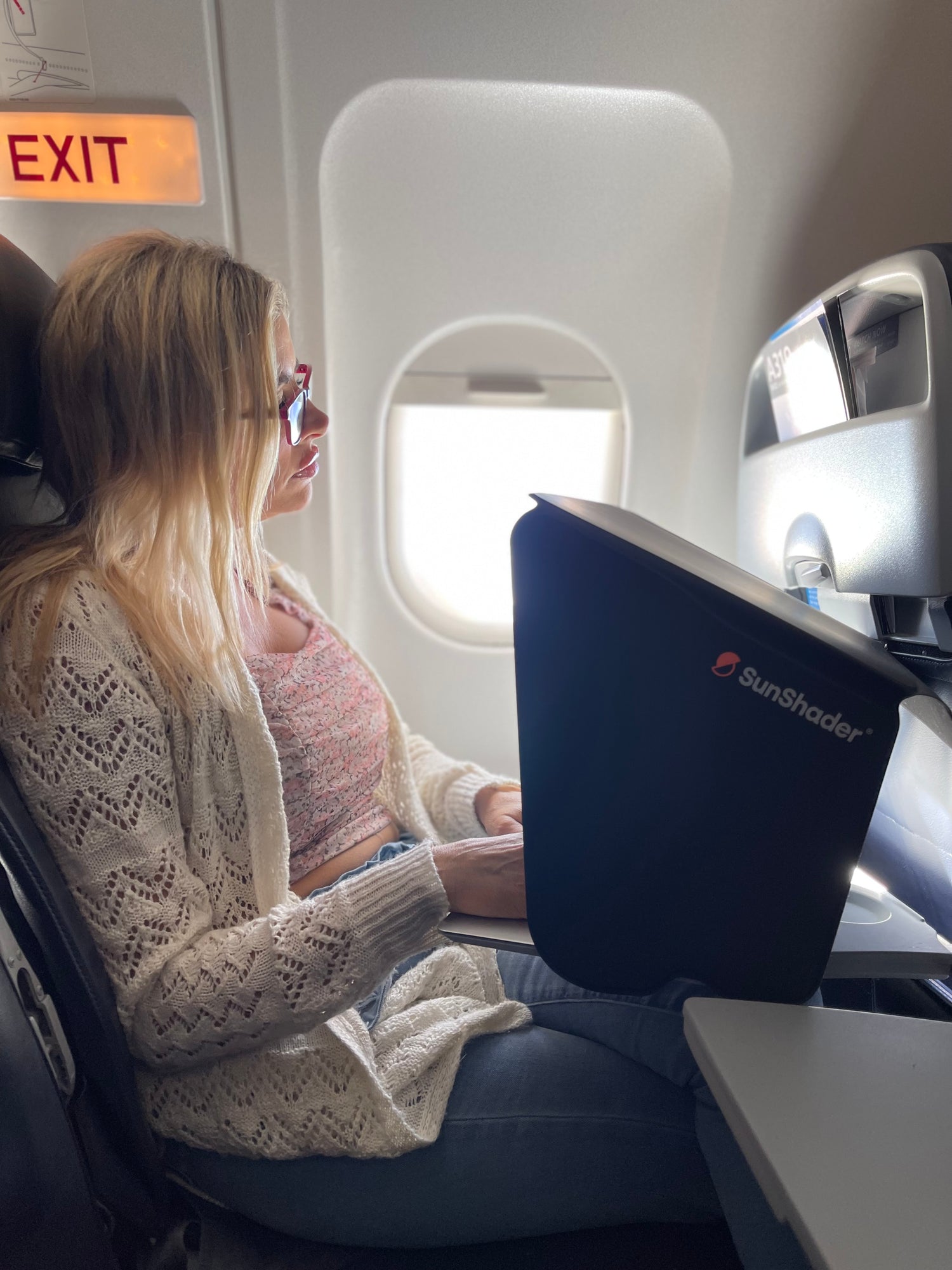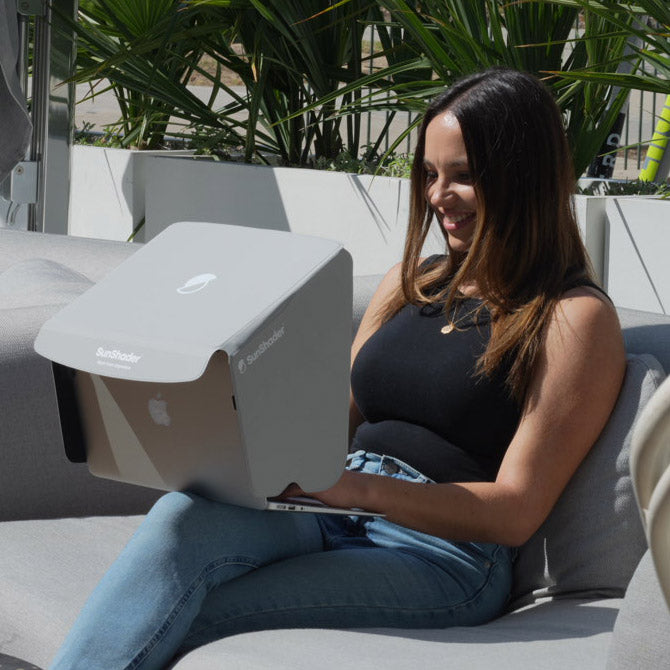The COVID-19 pandemic has forced many companies to adopt remote work policies, as employees are required to work from home to prevent the spread of the virus. While remote work has its advantages, such as increased flexibility and productivity, it also comes with unique privacy concerns that employers and employees must address.
In this article, we will explore the reasons why privacy is so important for employees that work remotely and what measures companies can take to protect their employees' privacy.
1. Privacy in the Remote Work Environment
One of the primary reasons why privacy is important for remote workers is that they often work from their homes or other non-traditional workspaces. This means that they may be sharing living space with family members or roommates who can inadvertently see or hear confidential information. This information can include company emails, documents, and conversations with clients or colleagues.
Furthermore, remote workers may not have a private office or workspace where they can conduct their work without interruption. This can lead to a lack of privacy and confidentiality, as family members or roommates can overhear confidential conversations or see confidential documents.
2. Cybersecurity Risks
Remote workers are more susceptible to cyber-attacks and other security breaches. Remote workers may not have the same level of security infrastructure as an office environment, making them an easier target for hackers and other cybercriminals.
In addition, remote workers may use personal devices and networks to access company systems, which can create security risks. Personal devices may not have the same level of security as company devices, and home networks may not be as secure as office networks. This makes it easier for cybercriminals to gain access to confidential information.
3. Legal Considerations
Remote workers may have different legal considerations regarding privacy, such as local laws or regulations that govern data privacy and security. These laws may require companies to take additional measures to protect employee privacy when they work remotely.
For example, the European Union's General Data Protection Regulation (GDPR) requires companies to ensure that personal data is processed in a way that ensures appropriate security of the personal data. Companies must also implement appropriate technical and organizational measures to ensure the security of personal data.
In addition, some countries have specific laws that require companies to protect employee privacy. For example, the California Consumer Privacy Act (CCPA) requires companies to provide employees with notice of the categories of personal information that will be collected and the purposes for which the personal information will be used.
4. Trust and Confidentiality
Privacy is important for remote workers because it helps to build trust and confidentiality between employers and employees. Remote workers must trust their employers to keep their personal information and work-related information confidential. This includes information such as employee records, financial information, and customer information.
If remote workers feel that their privacy is not being respected or that their personal information is being mishandled, it can lead to a lack of trust between employers and employees. This lack of trust can lead to decreased productivity, increased turnover rates, and damage to the company's reputation.
5. Employee Productivity
Privacy is also important for employee productivity. Remote workers need privacy to be able to focus on their work and to be able to work efficiently. If remote workers are constantly interrupted or do not have a private workspace, it can lead to decreased productivity.
In addition, remote workers may feel uncomfortable sharing personal information or work-related information with colleagues or supervisors if they do not have a reasonable expectation of privacy. This can lead to a lack of collaboration and communication between remote workers and their colleagues.
6. Mental Health and Well-being
Finally, privacy is important for remote workers' mental health and well-being. Remote workers may feel stressed or anxious if they do not have a private workspace or if they feel that their privacy is being violated.
Conclusion, using SunShader as a privacy screen on your laptop is a vital step towards ensuring your employees are complying with their privacy requirements while working remotely.


Leave a comment
All comments are moderated before being published.
This site is protected by hCaptcha and the hCaptcha Privacy Policy and Terms of Service apply.